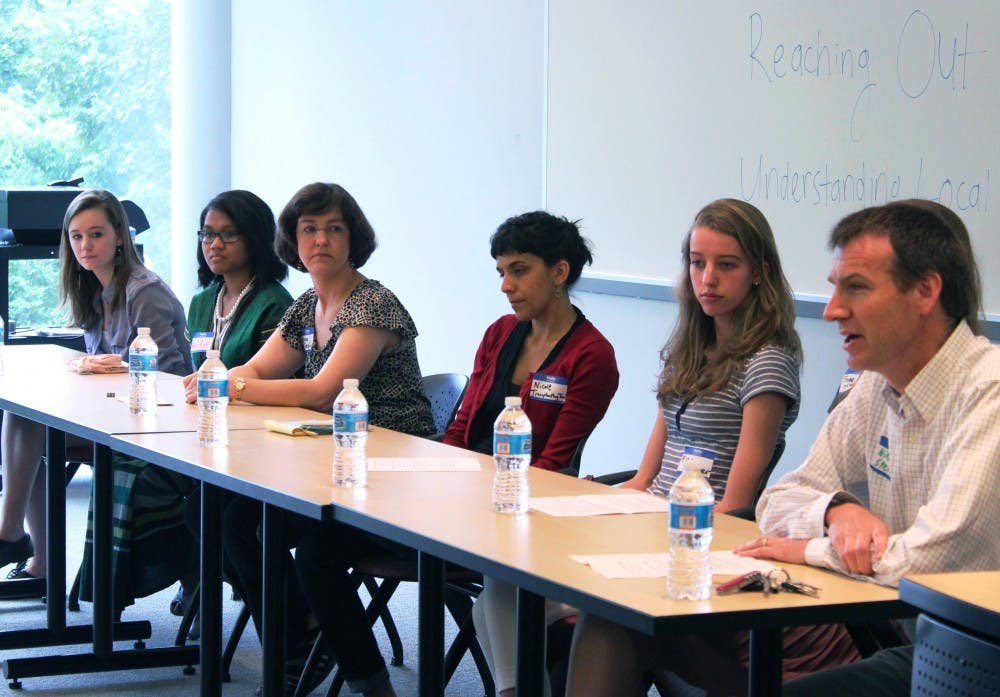As Burmese refugees continue to flow into Orange County, Chapel Hill-Carrboro City Schools officials are working to better serve immigrant students.
School officials and community leaders met Saturday at UNC’s FedEx Global Education Center to discuss the influx of refugees into Chapel Hill. The event was geared toward teachers who will work with immigrant students after CHCCS’s upcoming redistricting process.
The event was hosted by East Chapel Hill High School’s Refugee Outreach Club, which provides tutoring to refugee students in elementary and middle school.
Panelist Paige Califf, a 2012 UNC graduate and AmeriCorps volunteer with Church World Service in Durham, spoke about the services her organization offers to newly resettled refugees, including housing, job training, community outreach and English courses.
She said the organization’s ultimate goal is to help local refugees be self-sufficient.
“We try to always be asking ourselves, ‘Is this the least intrusive path of action I can take? How am I protecting the refugees’ privacy in this moment? Is what we’re doing sustainable both for me as a staff member and for that refugee as an individual?’” she said.
Califf said of the 58,000 refugees who settled in the United States in fiscal year 2012, 2,000 came to North Carolina, with 300 settling in Durham and Chapel Hill. Many immigrants have come to the area through a program instituted by the United Nations in 2005 for refugees in Thailand, many of whom fled Burma.
According to a 2012 report by Amy Lerner, a Ph.D. student in UNC’s School of Education, there are currently 200 refugee students enrolled in public schools in Chapel Hill and Carrboro, half of whom are in elementary schools.
Anne Tomalin, an ESL teacher at Chapel Hill High School who was also on the panel, said it’s common for refugee students to lack some basic math and literacy skills as a result of political unrest in Burma, which may have kept them out of school for long periods.



